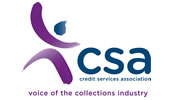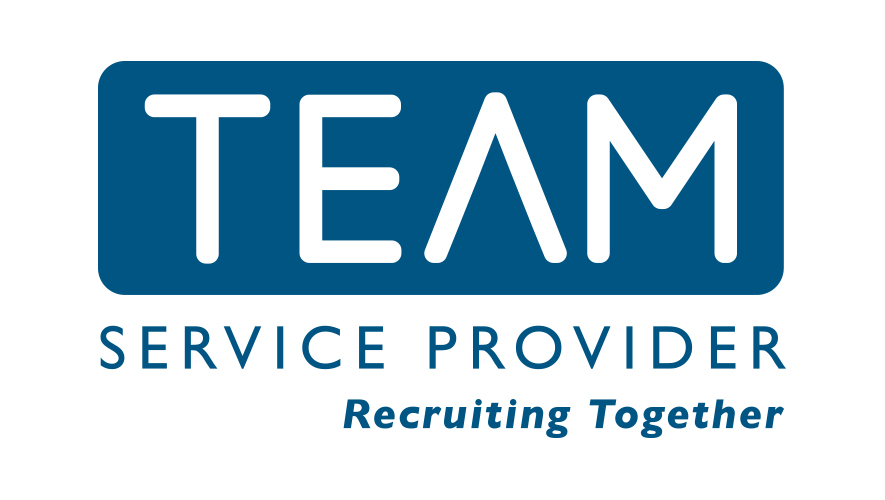VAT Reverse Charge
How Will the VAT Reverse Charge Impact Construction Firms?
The much anticipated introduction of the VAT reverse charge on the construction sector finally became concrete on March 1, 2021.
Now businesses involved in the building supply chain have to quickly get to grips with the new legislation or risk being left out of pocket. To help business owners cope with the changes, the experts at PCS Credit Management have produced their top four tips on the VAT reverse charge.
- The VAT reverse charge is not new
The VAT reverse charge is not a new system, but this is the first time it has been applied to the construction sector. Essentially, it is being brought in to combat tax fraud within the building industry, while also reducing the amount of paperwork for VAT registered companies.
HMRC has always struggled to track VAT payments in construction, with some traders disappearing after collecting VAT but before the VAT is due to be paid to the taxman. To solve the problem, VAT payments are now being removed from the supply chain, a system which has already proved successful in other sectors such as technology.
Originally scheduled for October 2019, the introduction was delayed by 12 months so businesses had more time to deal with Brexit. Then the Covid-19 pandemic hit and the new rules were put back another year.
- Check if your business is affected
Under the new regime, a VAT registered company supplying construction services to another VAT-registered company will produce a VAT invoice stating that the service is subject to the VAT reverse charge. The recipient must now account for the VAT, instead of paying VAT to the supplier.
The services which come under the VAT reverse charge are outlined in the Construction Industry Scheme (CIS).
However, it is also stated that the domestic reverse charge of VAT does not include supplies of staff or workers through employment businesses. As a recruitment business, your clients should not withhold VAT in this way.
- Double check the exemptions
The VAT reverse charge will apply to specified services unless:
- Services are supplied to an end user, such as the property owner, or directly to a main contractor that sells or lets a newly completed building
- The recipient supplies construction services to a connected company
- The recipient is not VAT registered
- The recipient is not registered for the CIS
- Supplier and recipient have a landlord and tenant relationship
- Supplies are zero-rated.
- Assess the impact of the VAT reverse charge
The first step for businesses is to check that their current accounting system can deal with the reverse charge procedure.
One the biggest impacts of the new system is the loss of cash flow for smaller businesses in the supply chain who have used VAT as working capital. Businesses need to calculate how this will affect their bank balance over several months and then adjust prices and payment terms to compensate for any shortfall.
Need help?
If you have concerns about the VAT reverse charge impacting your cash flow, please contact us.



